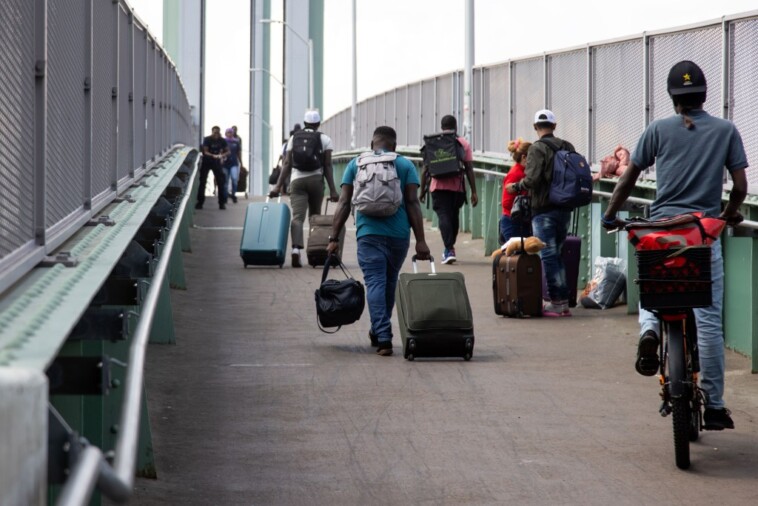The city is launching a new outreach program to try to curb sexually transmitted diseases among uninsured New Yorkers, including migrants, The Post has learned.
Health Department officials reported a significant 36% spike in syphilis cases among women and an 11% jump in the gonorrhea rate among men in the city in 2022 — when a tidal wave of migrants began flooding the Big Apple, according to the most recent data available.
For both sexes combined, the city saw a 3% increase in syphilis cases that year compared to 2021, a 3% increase in chlamydia cases and 10% increase in gonorrhea cases.
“Assuring comprehensive and timely screening and treatment for STIs [Sexually Transmitted Infections], including chlamydia, gonorrhea, and syphilis, is critical for preventing … infertility, increased susceptibility to HIV, and congenital syphilis—as well as preventing onward spread to sex partners,” the department said in a pitch to potential bidders to run the program.
“Those who have immigrated to the US face barriers including insurance ineligibility (for undocumented and DACA recipients), delays in eligibility to access public health insurance programs (for documented immigrants), and barriers in understanding eligibility standards,” it added.
More than 212,000 migrants have sought assistance since arriving in the city starting in mid-2022, with 63,000 currently in the Big Apple’s shelter system, Mayor Eric Adams said Tuesday.
Last year, Health Commissioner Ashwin Vasan raised the alarm that half the migrants entering the city had not been tested for the contagious and potentially deadly polio virus.
Most low-income citizens have access to health insurance such as Medicaid to be screened and treated for sexually transmitted infections including chlamydia, gonorrhea, syphilis and HIV.
But the department said it’s more difficult to reach the hundreds of thousands of uninsured New Yorkers, including asylum-seekers, undocumented migrants here illegally and other young people.
Residents who lack insurance are unlikely or unable to self-pay for treatment out of pocket or may resist testing on their own, too, officials said.
“Lack of insurance and financial instability are among the frequently noted barriers to STI care, and they are often correlated,” the department said in its “concept paper” explaining the outreach.
Younger residents, LGBT individuals, blacks and Latinos and the unemployed who are uninsured or underinsured are also less likely to get screening, officials added.
Reported STI cases in the city have risen steadily since 2018, the department said.
But officials said the increase may partially reflect the resumption of STI screening services that were suspended or postponed during the COVID-19 pandemic.
Such services were impacted by lockdown protocols and restrictions and nationwide shortages in testing supplies.
The department said it is seeking up to three contractors to provide STI-related services to uninsured New Yorkers in neighborhoods with the highest rates of chlamydia, gonorrhea, and syphilis.
The services would include screening and treatment as well as providing vaccines for hepatitis A, hepatitis B, HPV, and mpox.
“The purpose of this RFP [request for proposals] is to ensure that these individuals have equitable access to STI services,” the proposal said.
The Health Department had no immediate comment on how much the initiative would cost or how much each contractor would be paid and over how many years.





